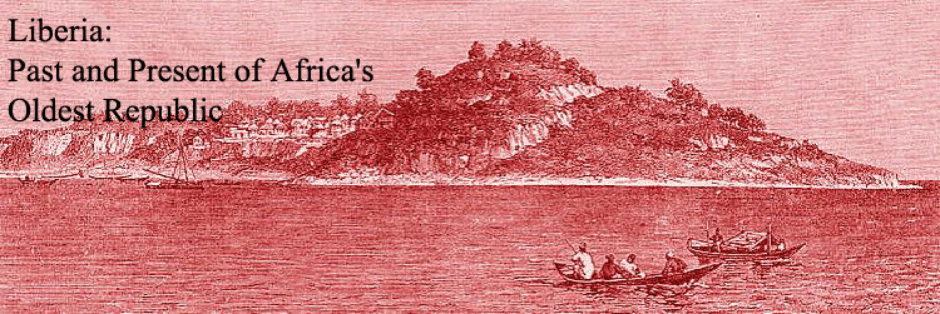Today the death was announced of President Lansana Conte of Guinea-Conakry. President Conte, 74, died on Monday night after a protracted illness. He had ruled the country with an iron fist since 1984.
 The news of his death came as no surprise. When I heard it this morning, my first reaction was: ‘Finally’. President Conte was known to be seriously ill and the last five years it was often rumoured that he had died. His declining health led to numerous speculations as to who in fact was in charge in the country. With his death, one of black Africa’s last dinosaur-presidents disappeared. Now only El Hadj Omar Bongo of the tiny republic of Gabon in Central Africa remains – who has the dubious honor to be the world’s longest serving president (since 1967).
The news of his death came as no surprise. When I heard it this morning, my first reaction was: ‘Finally’. President Conte was known to be seriously ill and the last five years it was often rumoured that he had died. His declining health led to numerous speculations as to who in fact was in charge in the country. With his death, one of black Africa’s last dinosaur-presidents disappeared. Now only El Hadj Omar Bongo of the tiny republic of Gabon in Central Africa remains – who has the dubious honor to be the world’s longest serving president (since 1967).Very soon after my initial reaction a second, more important thought came to my mind: ‘What is going to happen next in this country?’
I had to think of another country in the sub-region, Ivory Coast. Its president for over 30 years, President Houphouët-Boigny, died in 1993. Like Conte, he had monopolized power and kept possible successors, hence competitors at a distance. Soon after Houphouët-Boigny’s death the country entered a period of political turmoil, ultimately leading to a civil war (2002-2007/08). Nowadays, Ivory Coast may have left the civil war behind, but the country is de facto still divided in two regions, the North and the South, with 8,000 UN peacekeepers to ensure that presidential elections can be held (postponed till early 2009).
Two other countries in the sub-region, Sierra Leone and Liberia, have also had their share of political strife and violence. Sierra Leone’s 10-year civil war ended in 2002, the UN peacekeepers departed in December 2005 after a five-year mission to restore order. Liberia’s 14-year civil war ended with the exile of warlord-president Charles Taylor in 2003. But the peace is very fragile, in both countries, with over 15,000 UN peacekeepers in Liberia (UNMIL).

A few hours after Aboubacar Somaré, the impopular President of the National Assembly of the Republic of Guinea announced the death of president Lansana Conte and asked to be sworn in as the new president, in conformity with the country’s constitution, a statement was read on state radio and televison, announcing a military coup d’état.
The statement was read by Captain Moussa Dadis Camara, on behalf of a group called the National Council for Development and Democracy. The government and the institutions of the Republic had been dissolved, the constitution suspended, all political activity forbidden. According to Captain Camara, the coup was necessary due to Guinea’s rampant poverty and corruption, and because the existing institutions were incapable of resolving the crises which have been confronting the country.
Chaos and confusion seem to be the next scenario for Guinea. A violent struggle for power in Guinea risks to have serious repercussions in the other countries of the sub-region, including Liberia.
To be continued.
